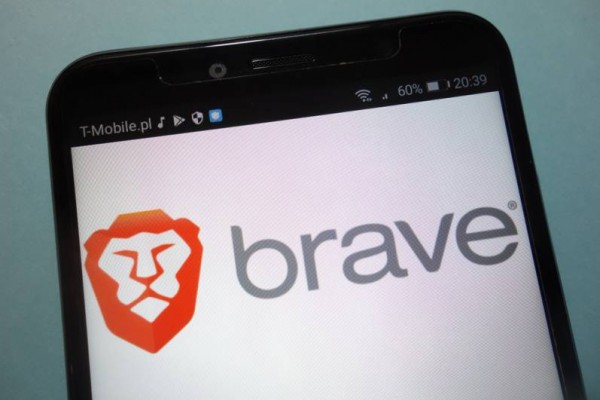Privacy-focused browser Brave explained in a blog post why it will ban Google's Federated Learning of Cohorts proposal, calling it a step in the wrong direction. It said, "the privacy-affecting aspects of FLoC have never been enabled in Brave releases; the additional implementation details of FLoC will be removed from all Brave releases with this week's stable release." Brave believes the technology is harmful to users and will inform sites about their browsing history, making it easier for them to track users online. Not only this, but Brave also believes FLoc will be detrimental to publishers.
UPDATE: 140421 - The Register reports on how other browsers are similarly concerned about Google's latest advertising initiative, with most claiming that they will not be implementing the technology. Mozilla, claims that they believe advertising and privacy can co-exist.

What is this page?
You are reading a summary article on the Privacy Newsfeed, a free resource for DPOs and other professionals with privacy or data protection responsibilities helping them stay informed of industry news all in one place. The information here is a brief snippet relating to a single piece of original content or several articles about a common topic or thread. The main contributor is listed in the top left-hand corner, just beneath the article title.
The Privacy Newsfeed monitors over 300 global publications, of which more than 5,750 summary articles have been posted to the online archive dating back to the beginning of 2020. A weekly roundup is available by email every Friday.
